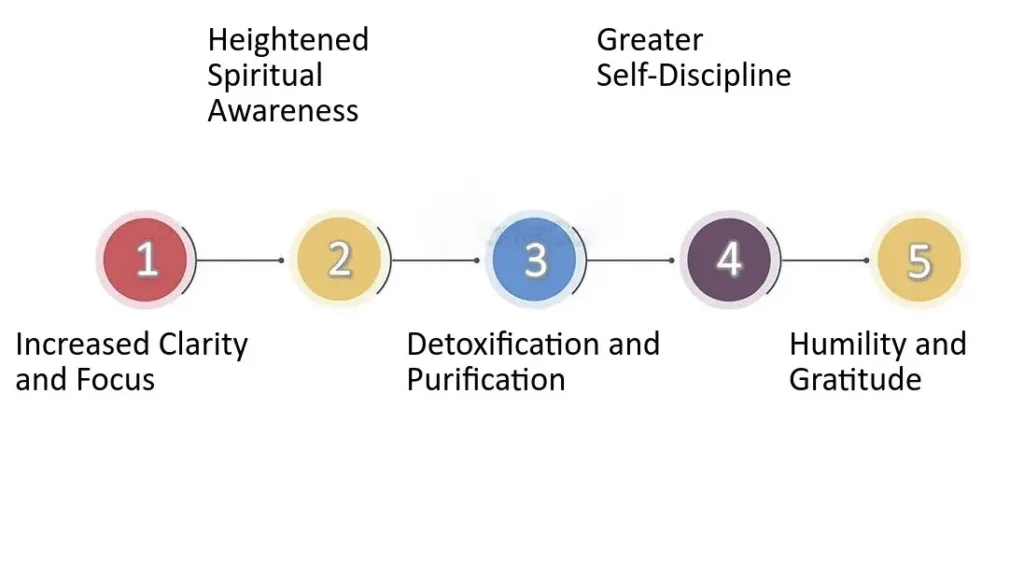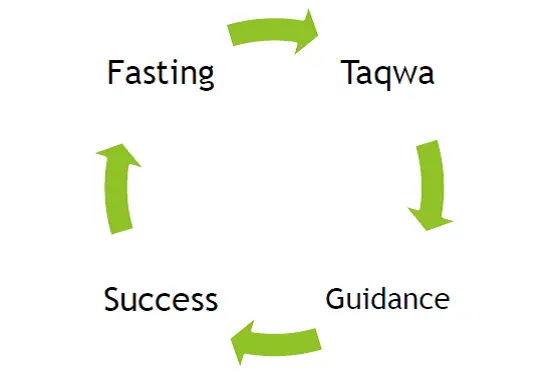Fasting holds a profound significance in Islam, extending far beyond mere abstinence from food and drink.
Fasting is one of the Five Pillars of Islam and fundamental acts of worship that embody the essence of Islamic faith and practice. Throughout the Islamic calendar this religious obligation, known as “Saum” in Arabic, plays a pivotal role particularly during the holy month of Ramadan. The religious importance of Saum in Islam is deeply rooted in spiritual, moral and communal dimensions, offering believers a path to spiritual purification, self discipline, empathy and closeness to Allah.
Spiritual Purification and Self Discipline

At its core, fasting in Islam is a means of spiritual purification and self discipline. By abstaining from food, drink and other physical needs from dawn until sunset during Ramadan, Muslims aim to cleanse their souls and draw closer to Allah. Through self restraint, they seek to overcome their worldly desires and focus on their spiritual growth. This religious act instills a sense of control over one’s desires and urges, fostering inner strength and resilience against temptations. It serves as a reminder of the transient nature of worldly pleasures and the importance of prioritizing spiritual nourishment over material indulgence.
Cultivation of Taqwa

Fasting is believed to cultivate “Taqwa”. Taqwa is an Arabic term often translated as God-consciousness or piety. By observing Saum diligently, Muslims strive to develop a heightened awareness of Allah’s presence in their lives and a deep sense of reverence for His commandments. The discipline of fasting encourages believers to be mindful of their actions, thoughts and words, ensuring that they align with the principles of Islam. Through acts of worship such as prayer, recitation of Holy Quran and reflection, Saum serves as a catalyst for the cultivation of Taqwa, fostering a profound sense of spiritual consciousness and accountability.
Empathy and Solidarity

The ninth month of the Islamic lunar calendar holds special significance as the month of fasting. It was during Ramadan that the first verses of the Quran were revealed to the Prophet Muhammad (peace be upon him), marking it as a time of divine revelation and spiritual renewal. Beyond its individual benefits, fasting during Ramadan fosters a sense of empathy and solidarity within the Muslim community. As Muslims collectively abstain from food and drink during daylight hours, they are reminded of the plight of the less fortunate and the importance of compassion towards those in need. This shared experience of sacrifice strengthens communal bonds, promotes generosity and encourages acts of charity and goodwill.
The Night of Power (Laylat al-Qadr)

Within the last ten days of Ramadan lies a night of immense spiritual significance known as Laylat al-Qadr or the Night of Power. It is believed to be the night when the Quran was first revealed to Prophet Muhammad (peace be upon him) by the angel Gabriel. Muslims devote this night to intense prayer, supplication and reflection, seeking Allah’s mercy and forgiveness. The virtues of worship on Laylat al-Qadr are immense with prayers offered on this night considered equivalent to those offered over a thousand months. Fasting during Ramadan heightens the spiritual sensitivity of believers, enabling them to fully engage in acts of worship and seek the blessings of this sacred night.
Conclusion
In Islam, fasting is not merely a ritualistic practice but a profound spiritual journey that encompasses self-discipline, purification, empathy, and devotion. Through the observance of Saum, Muslims renew their commitment to faith, strengthen their connection with Allah, and deepen their sense of community. Ramadan, with its emphasis on Saum, prayer, and reflection, serves as a time of spiritual rejuvenation and moral upliftment for millions of Muslims worldwide. It is a testament to the enduring significance of fasting in Islam as a transformative act of worship and a pathway to spiritual enlightenment.
For more related content click here

